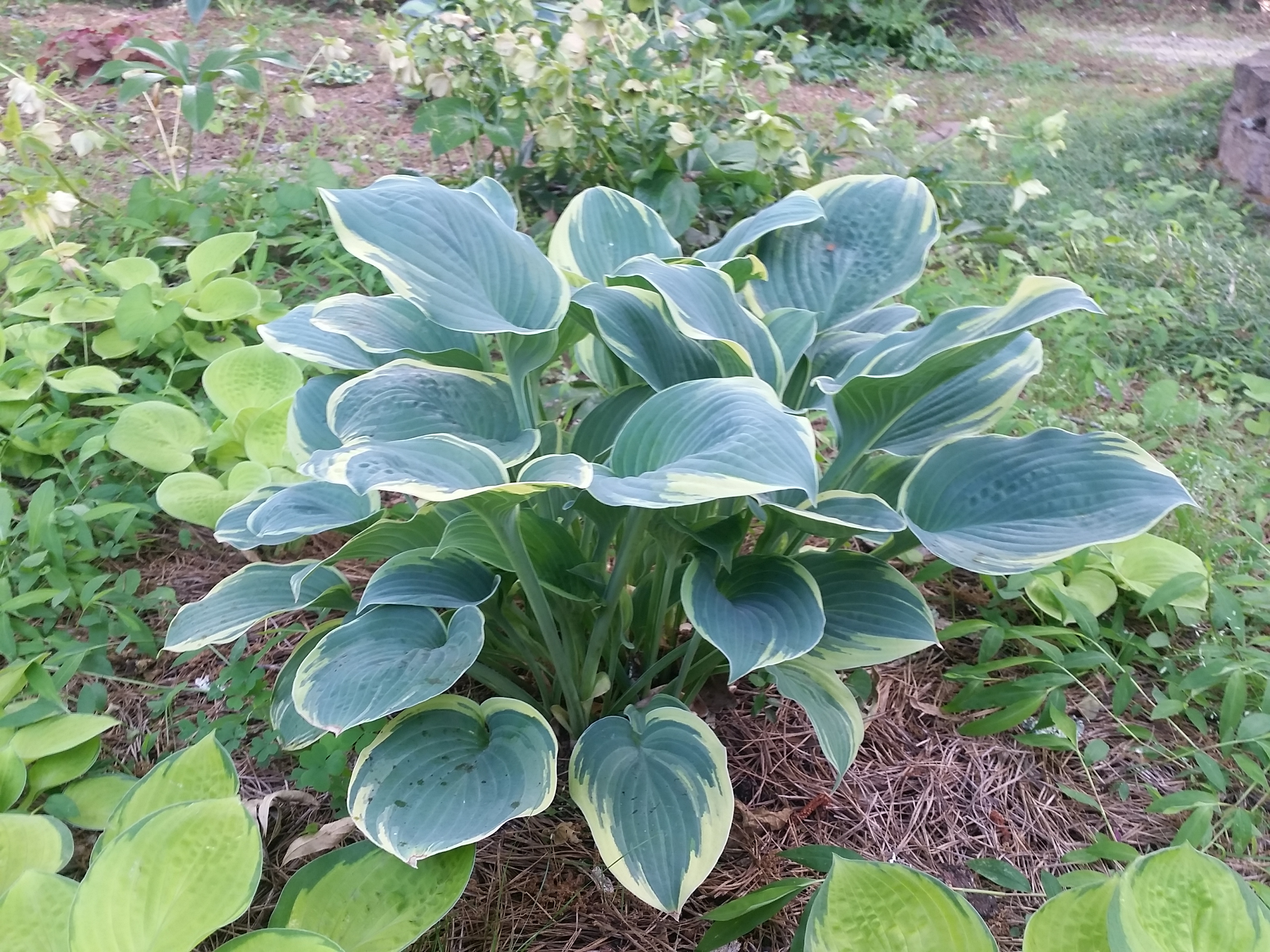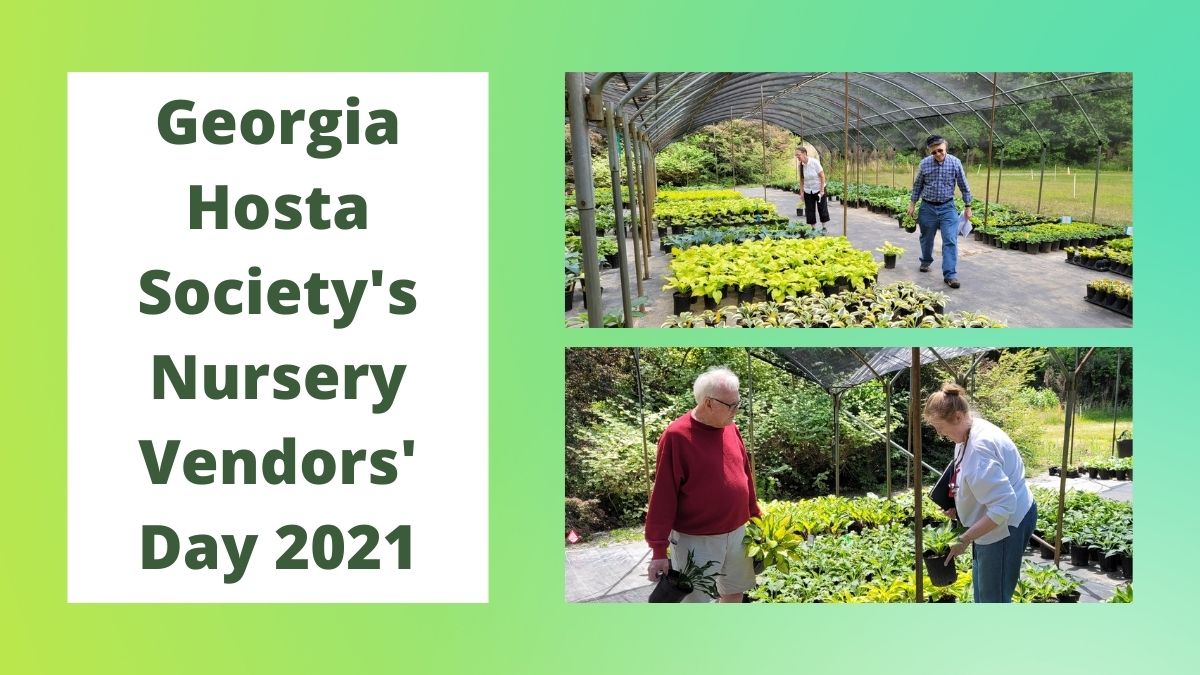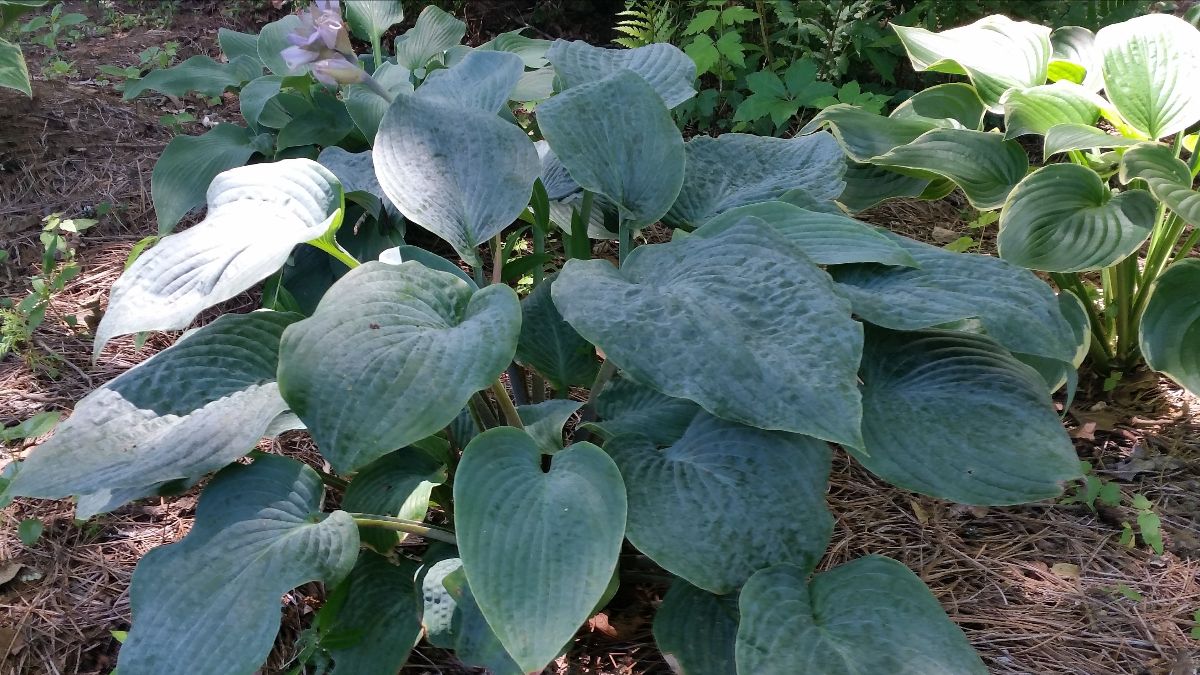You may think spring is the most important time for garden work, but summer hosta care is just as critical! Perennials like hostas need proper care during the summer to stay healthy and store energy to survive the coming winter. Here are a few summer garden tasks you should consider to grow beautiful, productive hostas.
Water Consistently
One of the best things you can do for your hostas is to keep the soil consistently moist. Adequate watering allows hostas to photosynthesize more efficiently and store plenty of energy to make it through the winter. Properly watered hostas will look better longer this season and will thrive next spring.
That said, you should also avoid overwatering. Your garden soil shouldn't be constantly soggy, and there shouldn't be standing water. Too much water can encourage fungal diseases such as crown rot and Fusarium root.
Don't Stop Weeding
Weeds compete with your hostas for space, light, nutrients, and water. Hostas are generally hardy plants, but keeping up with the weeds throughout the growing season helps keep them healthy. It also allows them to store energy for winter.
Mulch
Mulching around hostas is a great way to avoid some other garden chores. Mulch helps suppress weeds and keeps the soil cool and moist, allowing you to spend less time watering and weeding. You can use bark mulch, wood chips, or even old leaves around hostas.
Like with watering, there's such thing as too much of a good thing. Too much mulch can encourage pests and rodents by providing them a place to hide while they eat your plant! Avoid covering the soil around hostas with more than a couple of inches of mulch, and don't mound it up around the crown.

Keep Up with Critter Control
While we hope our hostas are a crowd-pleaser, they sometimes look appealing to the wrong group; wildlife. Deer, rabbits, chipmunks, squirrels, and other types of rodents may help themselves to your hostas.
It's been our experience that deer pressure seems to be heavier as the season progresses. If you began taking wildlife precautions in spring, it's an important time to maintain these efforts.
As many gardeners have discovered, keeping wildlife at bay can be a challenging task. At Pine Forest Gardens, we've had success with Plantskydd Animal Repellent. We love that this product is certified organic by the Organic Materials Review Institute (OMRI) for food production. It's safe to use around pets, is rain resistant, and has built-in fertilizer to help your hostas thrive.
If slugs have been an issue in your hosta garden, we recommend applying a slug control product called Sluggo. It's pet-safe and certified organic by the Organic Materials Review Institute.
Should I Fertilize?
Hostas benefit from an annual feeding, but we generally recommend that you fertilize in spring when hostas put on lots of new growth.
However, some varieties will also benefit from an additional feeding once days begin to shorten and cool off. Your hostas may also benefit from additional fertilizing if you have particularly poor soil.
Here at Pine Forest Gardens, we use Osmocote fertilizer with an NPK (nitrogen-phosphorus-potassium) ratio of 15-9-2.
Thankfully, hostas aren't that picky, and other fertilizers are suitable as well. Just be sure that you follow the application instructions on the package and avoid putting fertilizer directly on the hosta's crown, shoots, and leaves, as this can burn the plant.
Summer gets busy for everyone, but it's a key time to keep up with hosta care. Make sure your hostas are well-maintained so that they thrive and bring beauty to your shade garden for years to come!

We also wanted to mention the awesome visitors we had at Pine Forest Gardens this year!
May 8, 2021, was the Georgia Hosta Society's Nursery Vendor's Day. Sadly GHS had to cancel their leaf show vendors' sale due to the pandemic. However, we were still able to participate in Vendors' Day, and members visited local nurseries.
We had an excellent turnout and it was so great to see many of our gardening friends that we hadn't seen since the pandemic began. We're continuing to think of you all in these troubling times and hope your hostas are thriving!
We'd love to get to see you all again in 2022!

